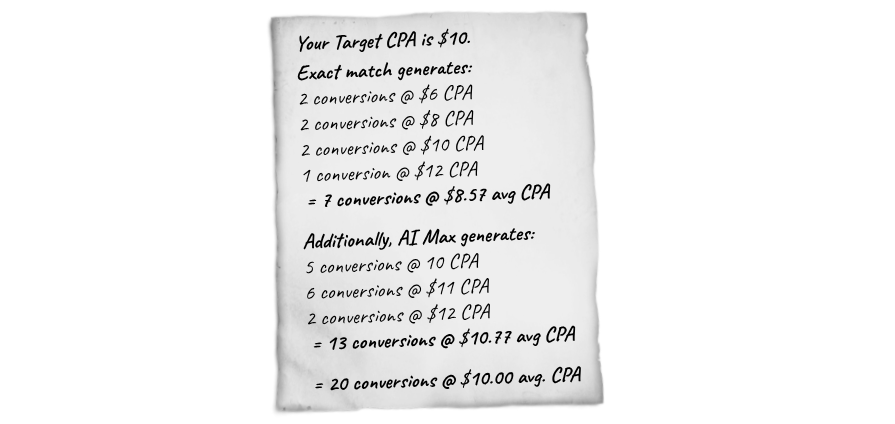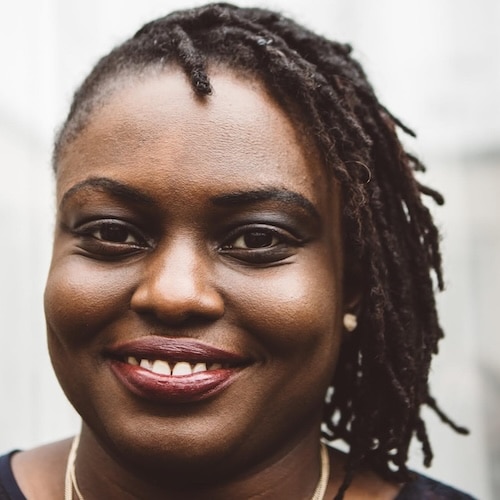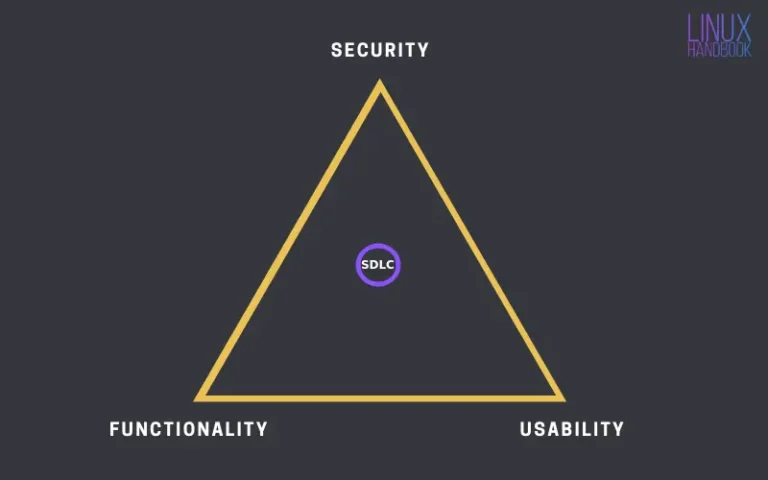With AI Max for Search now widely available in beta, advertisers are debating everything from performance comparisons to how it plays with existing keyword structures. Google Ads Liaison, Ginny Marvin is stepping in to clarify what AI Max is — and what it isn’t.
What AI Max is designed to do. AI Max aims to unlock incremental conversions or conversion value — not replace or compete with your current keyword setup.
- It expands reach using broad match logic and keywordless matching (think DSA-style crawling of your landing pages).
- It pairs that with dynamic creative optimization, including text customization and Final URL expansion, to match intent more precisely.
Bottom line. If a query already matches one of your keywords, that keyword takes priority. AI Max is there to bring in net-new queries you aren’t capturing.
Is this just a rebrand? Sort of — but with upgrades. AI Max bundles broad match, DSA, generated text assets, and Final URL expansion into one system. But it also adds:
- Ad-group-level controls (locations, brands)
- New search-term reporting, including which creative and landing page served
- And more features incoming, like text guidelines
Marvin says the goal is to make these components work better together than they do separately.
What to expect based on your current setup
- Mostly Phrase/Exact users: Expect the biggest lift. AI Max can open new search term coverage using both broader matching and keywordless capabilities.
- Heavy Broad Match users: Smaller expansion — you already cover much of that reach.
- DSA users: Less keywordless expansion, but improved performance through asset-driven signals absent in standard DSA.
- PMax-heavy advertisers: AI Max brings PMax-like matching to Search. Even so, Google says many PMax users still see incremental lift.
Why CPA/ROAS may look different. AI Max specializes in incrementality, and incremental conversions often cost more than the “core” conversions captured by tightly curated keywords.
Google’s advice – don’t compare match types in isolation — evaluate whether the total campaign is delivering more conversions or value at your target CPA/ROAS.

Why we care. Advertisers are getting a Google clarification that AI Max is built to uncover incremental demand their current keyword setup can’t reach, opening the door to more conversions or revenue without overhauling existing campaigns. It consolidates broad match, DSA, and dynamic creative into a single system with better controls and reporting, making expansion more transparent and measurable.
And with built-in A/B testing, advertisers can finally validate whether the lift is real — not just assumed.
How to measure incremental lift. Google now offers AI Max experiments — true A/B tests that split traffic into control and treatment groups.
Caveats:
- Brand settings and location controls aren’t supported yet in AI Max experiments.
- You can test those using Custom Experiments.
- Ignore the learning period when evaluating results.
The big picture. AI Max is built to drive net-new, relevant demand your keywords don’t currently catch.
To judge whether it’s working, shift your mindset from match-type comparisons to campaign-level incremental lift — more conversions or conversion value at your target efficiency.
Google says more features are on the roadmap and urges advertisers to keep testing and sending feedback.
Dig Deeper. Full article from Ginny Marvin.
Search Engine Land is owned by Semrush. We remain committed to providing high-quality coverage of marketing topics. Unless otherwise noted, this page’s content was written by either an employee or a paid contractor of Semrush Inc.


